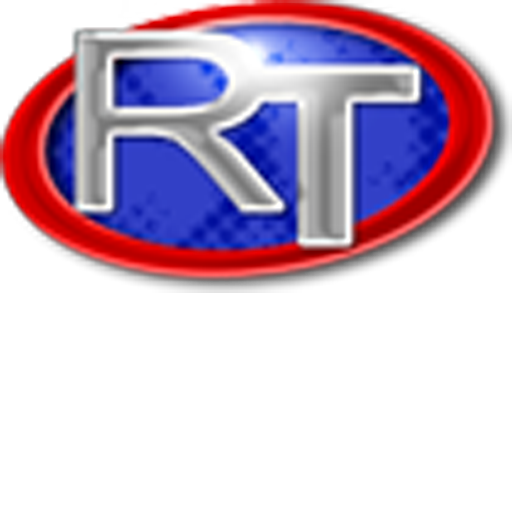Creating your career with R – data science based jobs!
Do you want to start a career with R? Do you want to benefit from your R studies? I am getting more and more requests on how to utilize your newly acquired R skills on the job market. In this article I will share my thoughts and research on this topic.
I have a science and biostatistics background, so my views might be skewed towards that industry. Nonetheless I do tons of research on the data science market, new technologies and the according requirements. That leads me to believe to be qualified to give out some solid advice on how to plan your data analytics focused career.
Before you even think on how to plan your further career and education you should be aware that your geographical location and industry are the key factors determining your next steps. The German job market is totally different to the American one, and India is a different job landscape than the UK.
India is the number one outsourcing location in IT and data science. Indians know that and are very interested in data science education. I can clearly see that in my tutorials where many students are Indians. I really appreciate their eagerness to learn R with my R-Tutorials products. A big shout out to you guys!
America is a huge job market. University education is structured differently than in the EU and people are more likely to switch between industries than in a more conservative EU. New technologies are created in the USA, and it is there where they are also used first. Furthermore, the headquarters of most multinational companies are US based. Analytics as a tool to decision making is often times centralized.
So what does that mean for you?
Basically if you want to make money with modern data analytics skills like Hadoop, Weka, Natural Language Processing or Machine Learning you want to be in a place that is open to new things. You do not want to be in a conservative place like Germany.
If you find yourself in a conservative environment it is best to adjust to that. SAS is still a very solid way to get a good job. Banks are using it and the whole pharma industry relies on it. SAS is still the only software approved by the FDA and the new CDISC guidelines are best implemented in SAS. Your relevant search terms for that are “Biostatistician” or “SAS Programmer”.
SAP on the other hand offers a solution to nearly any problem a company might have. There are BI solutions and database software packs available with SAP and the brand is well known all over the globe. Getting jobs as SAP consultant is still fairly easy, and you get to see the world as an on-site consultant. SAP is a perfect add on for people with a business administration background (BI jobs), whereas SAS can be fruitful for economists as well as science people.
Generally, SQL is highly recommended. It gives you the power to work with databases and to extract the needed information. No matter which industry or location, SQL skills are always in demand as an add on. MS Excel is a must in nearly any data related job. If you have a skill gap in that software, it is quite likely to be harmful to your career sooner or later. I use it regularly to structure my data or to have staff enter data via MS Excel.
To sum it up, R can be a wonderful start for a data science based career. Your whole skill set needs to be adjusted to your target environment and hence add-ons like SQL or Hadoop are necessary to get a highly desired job.
Jobs mainly based on R can be found at: http://www.r-users.com/



